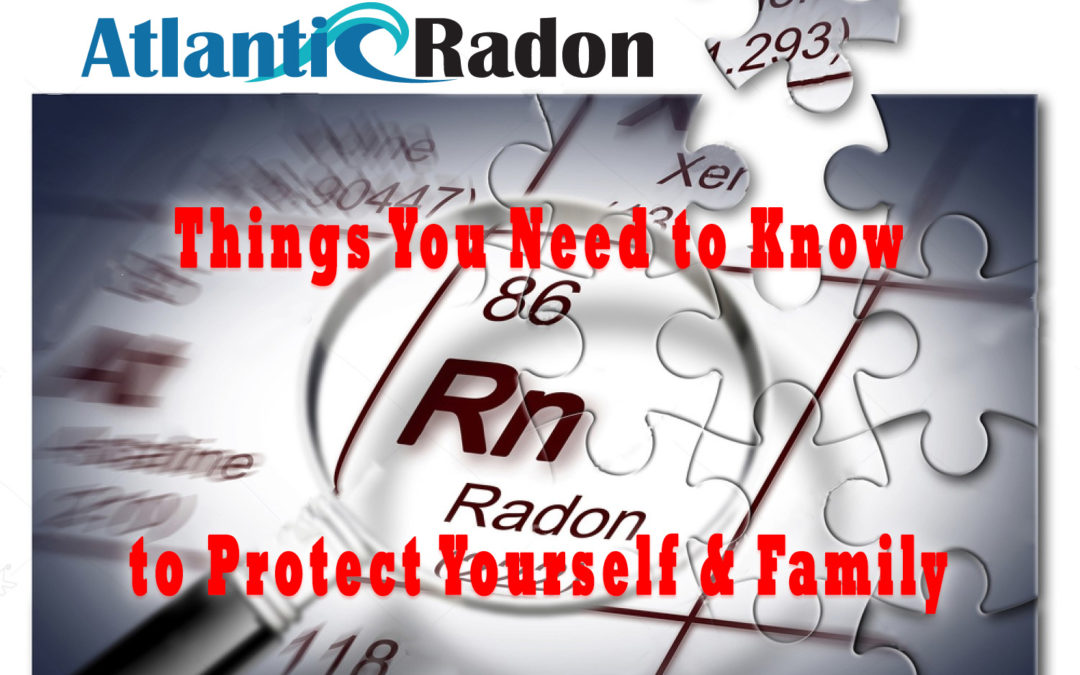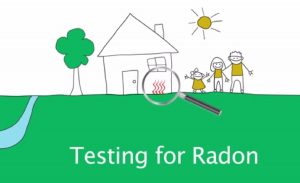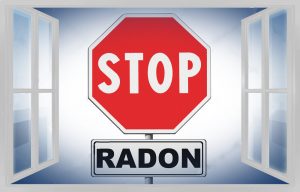Did you know that one in 15 homes in the country have high radon levels? This is according to the Centers for Disease Control and Prevention (CDC). If your home in Annapolis or Severna Park has a radon level of 4 pCi/L, consider scheduling radon abatement or mitigation.
But how exactly are you exposed to radon, and what are the health risks of continued exposure to this controversial gas?
Here are things you need to know about radon and radon exposure.
How are you exposed to radon?
Radon is a type of naturally occurring radioactive gas found in water, rock, and soil. It is also present in the air. Unlike other types of gas that can be easily detected, radon is quite challenging to detect, as it is colorless, tasteless, and odorless.
You run the risk of radon exposure in your home when it gets in your house through cracks in the foundation, walls, crawl spaces, concrete floors, and sump holes.
As radon accumulates inside your home and you unknowingly breathe it in, the gas particles could be trapped inside your lungs.
What are the symptoms of radon exposure?
Radon exposure has no immediate symptoms. It could take years before you could experience any signs. Even then, you may not think that what you’re experiencing is caused by radon exposure.
Long-term exposure to radon could lead to chronic lung diseases such as pulmonary fibrosis, chronic interstitial pneumonia, and emphysema. These conditions are characterized by scarring of the lungs, making it difficult for oxygen to travel from your lungs to the bloodstream.
Symptoms for any of these conditions include persistent cough, chest pains, night sweats, shortness of breath, and fatigue. You may also have difficulty breathing.
Lung cancer is another condition caused by long-term exposure to radon. Next to smoking, long-term radon exposure is the second most prevalent cause of lung cancer in the country. You may not notice any signs until it is too late. Some of the symptoms are persistent cough, wheezing, weight loss, difficulty breathing, and bloody sputum.
How do you protect your family against radon exposure?
The best way to protect yourself against the harmful effects of radon exposure is regular radon testing.
If you haven’t had your home checked for radon, consider radon testing as soon as possible. Get in touch with a trained and certified radon technician in your area for radon testing.
Once you’ve had your home tested and the level is 4 pCi/L or higher, think about radon abatement to reduce the gas level in your home.
The longer you take action against radon exposure, the longer you’re putting yourself and family at risk of developing severe health conditions. Don’t put your loved ones at risk. Schedule for radon testing today.
Atlantic Radon offers radon testing and mitigation in Annapolis, Severna Park, and surrounding areas. Fill out our contact form for a free estimate today.




